Roberto Minervini’s new film What You Gonna Do When the World’s on Fire? is one of the most beautiful documentaries to come out of the US in recent years. A stunning meditation on what it means to live in the margins as a black American. Taking a group of real lives in New Orleans – two young brothers, a bar owner and singer with a colourful past, recovering addicts and Black Panthers – it presents a portrait of America that is heartfelt and urgent. I spoke to Roberto about the film, racism, Trump and what inspired him.
How did the project start?
It all started with a series of killings in the summer of 2016, most of them happening in the South. While the presidential campaign was in full steam, I looked about where I lived and the neighbouring states of Louisiana and Mississippi and thought I could make a film about the situation of black Americans. I wanted to make a film about a specific time in the US where we were witnessing the resurgence of a fear of black people. I wanted to tell such a story through the eyes of the community that crosses over several generations.
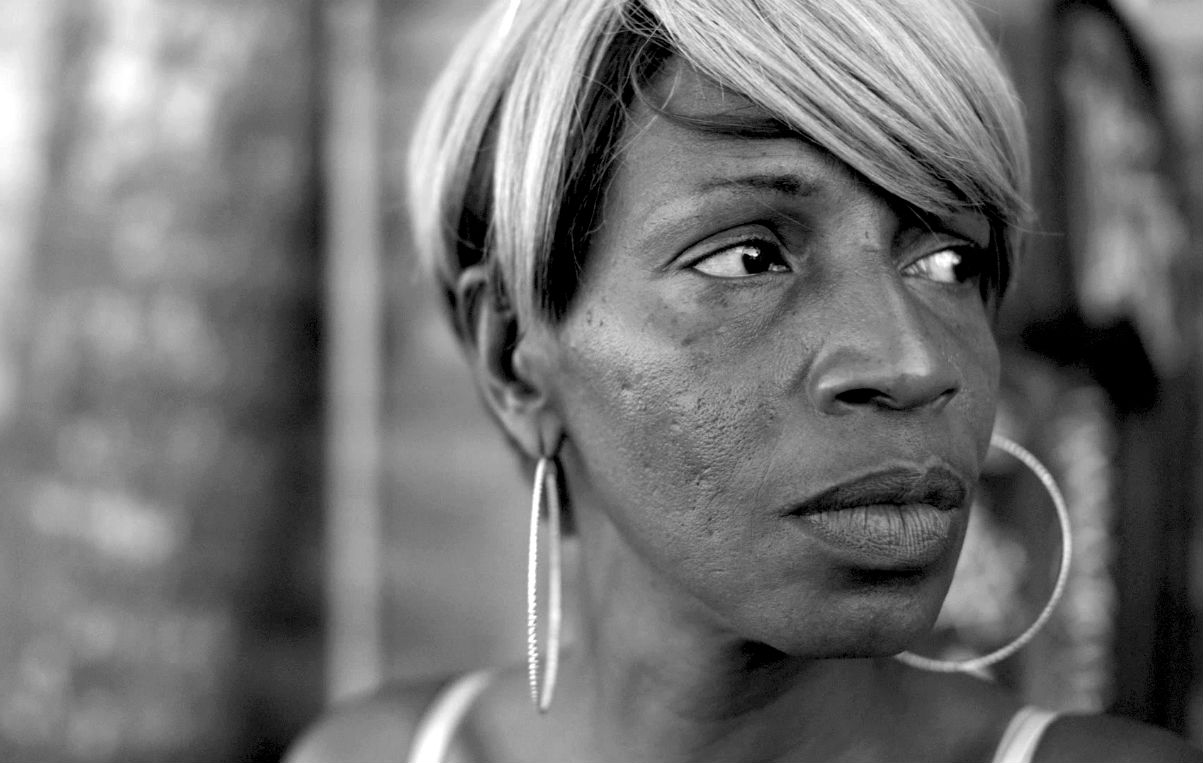
How did you manage to create such an intimacy with your subjects?
So the starting point was meeting Judy at her bar. I met her early on and we spent a month together and on the top floor lived the uncle of the two brothers so that’s how I got to meet them. Judy is Queen in the Mardi Gras tradition so that’s how I met the Mardi Gras Indians. As far as building an intimacy with them, it was a combination of things. One is how I do every project, I lay out my prejudices. Intimacy is a product of trust. I talked to Judy about how all the assumptions I made are informed by mainstream culture. For example, I caught myself being very wary of black people gathering at the corner at night, and that fear is informed by the media. And I talked to Judy about it. I’ve been championing equality all my life, but from a white European standpoint and never deeper than that. Judy talked about her own fears and then there is our personal history and story that made us converge. And with the kids it was the same. Trying to understand where we come from and what we were trying to do with this experiences that culminates in the film. These people we see in the film were on board with the idea. Those are the success stories of my experience.
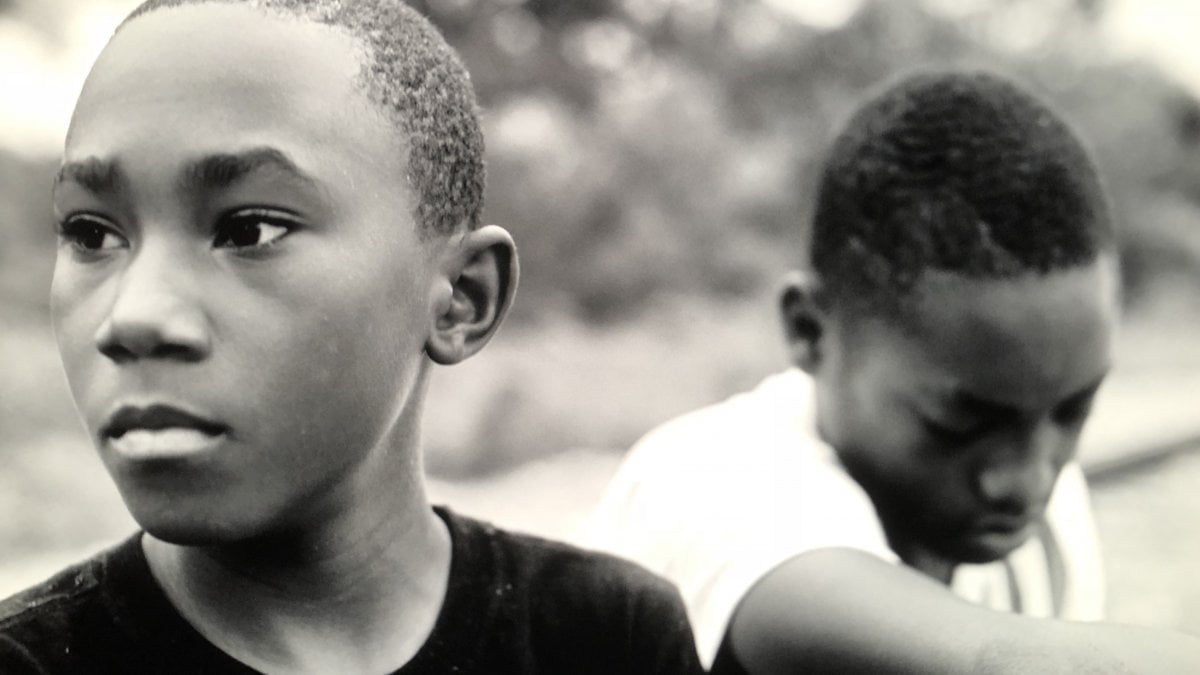
Does it help that you’re a bit of an outsider?
I think what helps is that I had this dual perspective. I live in the South for 13 years; in America for 20. It definitely helps that I have a dual perspective. We can talk about what it means to be a white man in this society. It helps that I broader view and I was very open about it. It’s enriching at the same time as we’re relating together.
Do you maintain contact with Judy and the boys?
All the time. It is one of the premises of the projects I make, especially this one. When I met with Judy and the kids, we talked about being in it for the long run. This was the magnitude of what we were trying to do transcends the film, our experience together is here to stay, so we needed to stick together. So we are relational. In particular Judy and my wife are very close. I am too but they have a very tight relationship. I am very close with the boys especially Ronaldo because he’s being going through a lot. He’s in military school and his mother is trying to support him in every possible way.
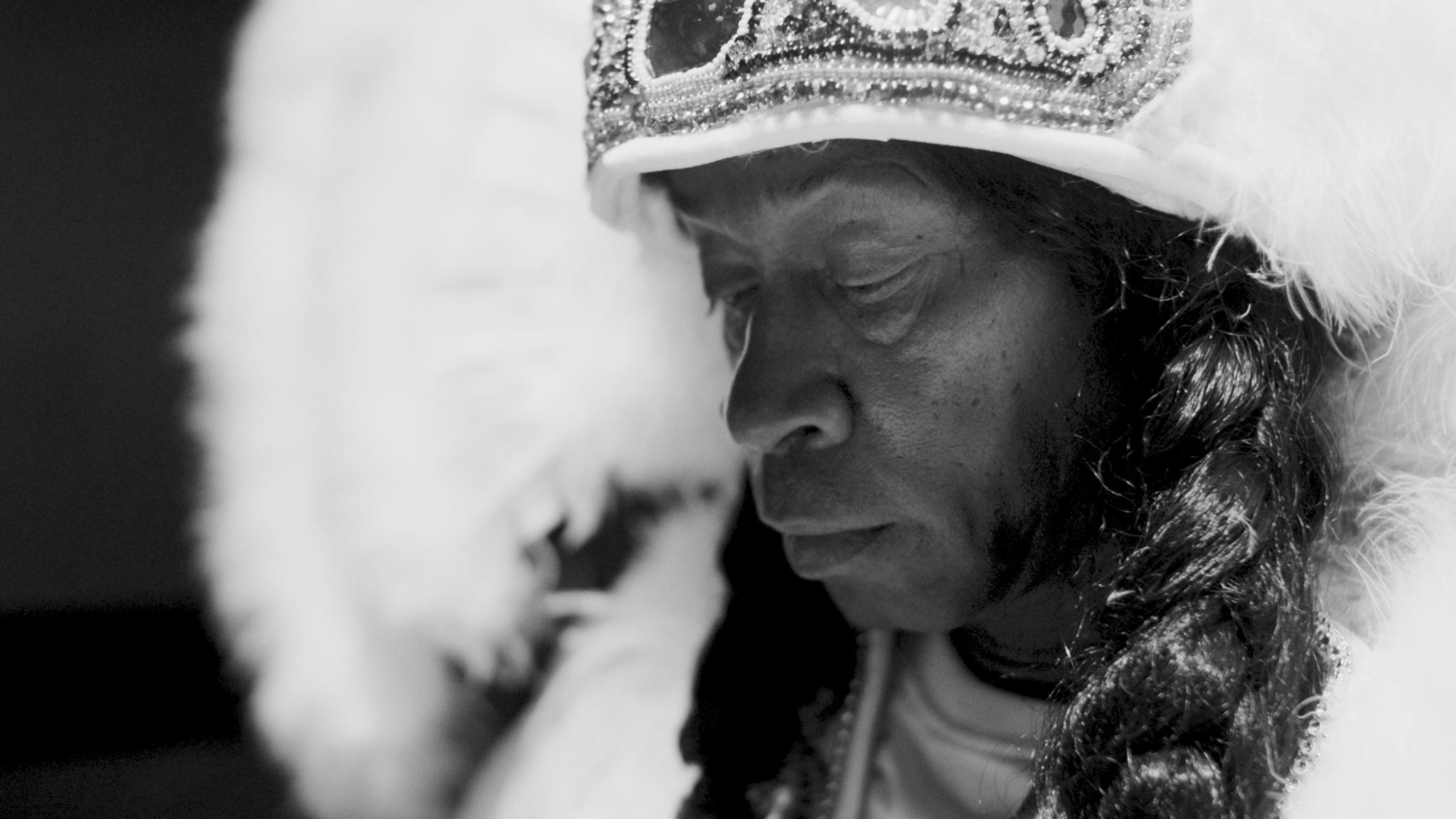
Would you foresee returning to the film and making a follow up film?
I’ve been thinking about it. As of now, I’m wrapping up this 14 month long promotional journey for the film. I need to gather some energy and figure things out. I’ve thought about it and talked to Judy about getting even deeper with some of the stories. Judy got married.
It is a stunningly beautiful film. Was the black and white a decision you made early on?
I made that very early on in agreement with the people for two main goals. The first: we wanted to iconize the people in black and white which meant to tie them to the iconography of Black American history in the Civil Rights movement and we thought black and white would elevate them to the status of civil right icons, like their more prominent predecessors. That was an idea we all shared. And then there were my own ideas as a filmmaker, trying to neutralise the jumps in terms of beauty and watchability of the different people and their contexts. Some of them are already devoid of any colour for example, the Black Panthers Chapter with their black uniforms and their rooms are sometimes empty, compared to the Indians whose dresses are very colourful and beautiful. If I kept colour, I feared the audience would engage differently with different parts of the film, with a hierarchy of the beautiful. Black and white gave me a sense of unity and equanimity.

The Black Panthers seem both heart-breaking and inspiring.
That’s how I see it too. I saw the Panthers as a continuation with the past that is unresolved so their mission has not yet been accomplished: therefore the sentiment and the movement has never died. And the history of the Panthers confirmed that. The party dissolved because there were too many forces Hoover declared them public enemy no. one and some of the leaders got mixed up in their politics. The party continues to provide welfare for the community. They are beloved in the community and they are treated like heroes because they put their bodies first and they are ready to take a bullet for their own people. If there is something that belongs to the past, it’s not the message, it’s the fact that in the past you found people ready to die for the cause and those heroes are very rare. That is something that ties them to the past in a very real way.
Looking at the potential end of the Trump presidency do you see any political changes in the near future that could
I am one of those who believes we are witnessing the beginning of the Trump regime, not the end. I believe he will win the election by a landslide and we haven’t seen anything yet, because he won’t have to worry about being reelected, or consensus. So I think we’re entering a very doomed time in America. I was certain Trump was going to win the first time around, I hope I’m wrong, but everything I see points to his reelection. I don’t think this is the moment to talk about change especially with a president who lends right wing extremism legitimacy and dignity. These are dark times especially for those freedom fighters. Now, like some of the Panthers told me, in order to make a change through a revolution, we still need to trigger a dialogue with the new generations of white people. Even when the revolution, it needs an open dialogue to be successful. The Trump era will hopefully come to an end we need a new generation of politicians willing to talk who are interested in equality and against white supremacy, that permeates white society. That’s how we can trigger substantial change without hiding behind political correctness.
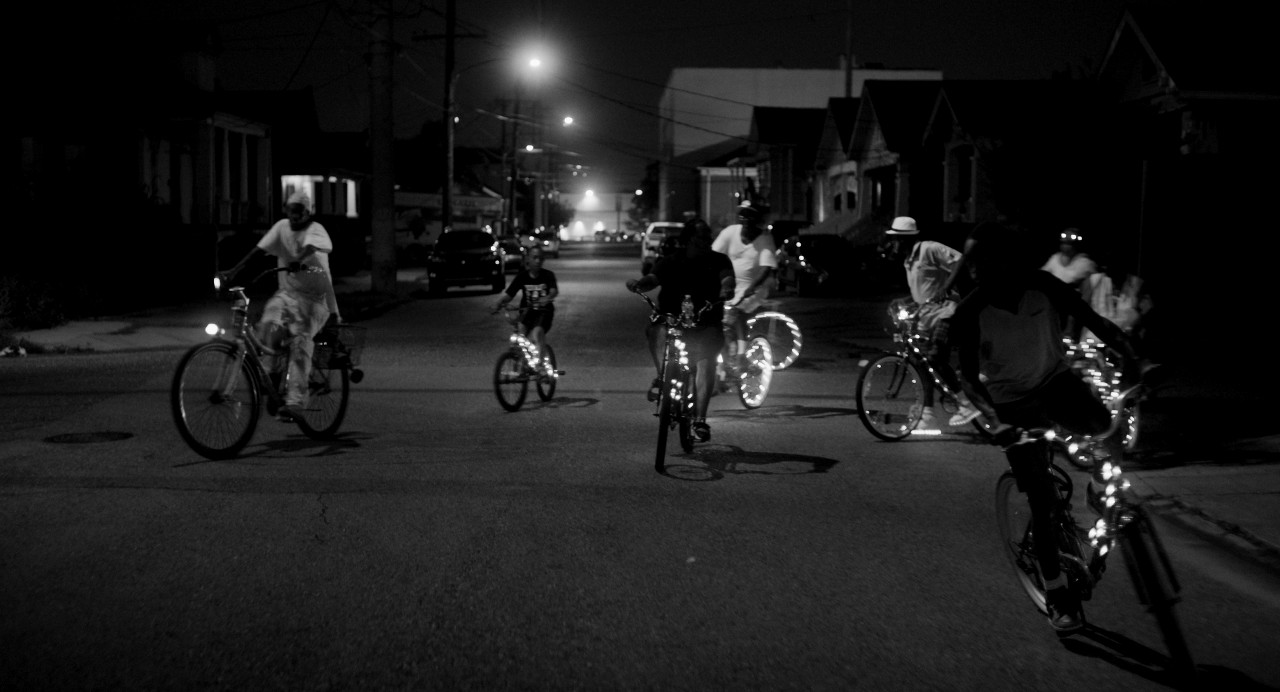
How do you feel moving between documentary and fiction? There isn’t that sharp a line.
I never really consider whether my film will be considered pure documentary or pure fiction. I knew I wasn’t doing all out fiction because I always work with people to bring their stories to the film. I’m also aware of the fact that in the beginning I was relying on a more conventional way of presenting those stories, but then I departed from that because I changed the way I shoot. I started using very long takes, extremely long, more than 20 minutes. I’ve abandoned all types of writing, even outlining a project. I follow the story day after day and monitor the developments, and continue to film them, so of course there’s been a shift but the intent has always been the same: to gather the stories from people and through them try to tell bigger truths. My characters have always been co-writers. The shift has only been that their value as storytellers has increased more and more.
You’ve finished with the festivals. How’s the reception been?
The film has been received very well all around the world. It’s been welcomed as being an important piece of work and have appreciated the approach has been from the bottom up rather than the other way round. We are still in the same conundrum of trying to get audiences to watch the film. I’m still relegated to the lesser world of documentaries and there are consequences in terms of distribution so the film still has limited visibility though it has a release. It doesn’t reach a broader audience. It saddens me because it speaks a popular language. The film belongs to the people but those audiences are very hard to reach.
Would that change your approach to how you pitch a new project? Get out of documentary ghetto.
It’s true I thought about it. If my film could somehow be labelled fiction it would be a game-changer. I’ve been hesitant until now to make that work. I want to speak a language that is a hybrid with stories coming from people but in a way that could also be considered a work of fiction. Just a film. I’ve been thinking about it. Let’s see if I find a way of doing it.


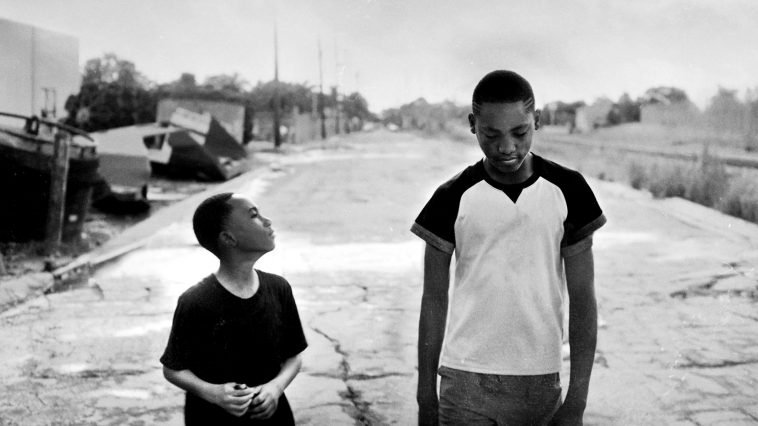
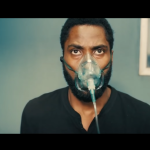
















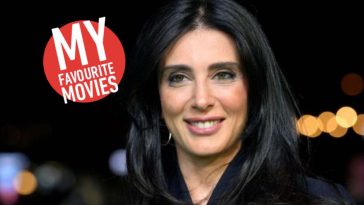






Leave a Comment